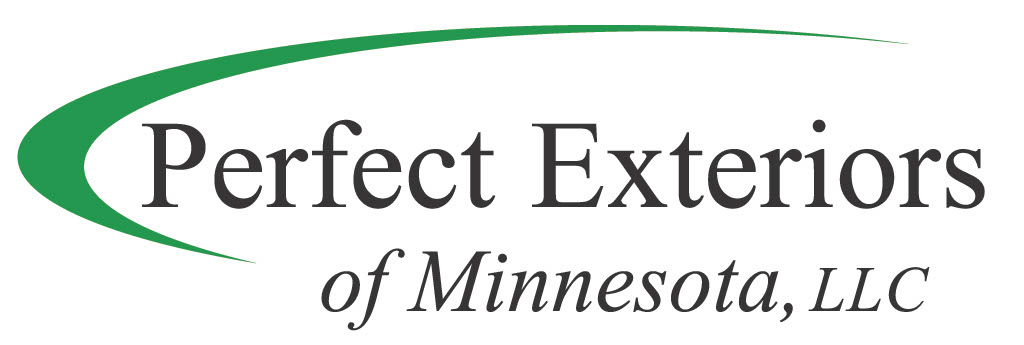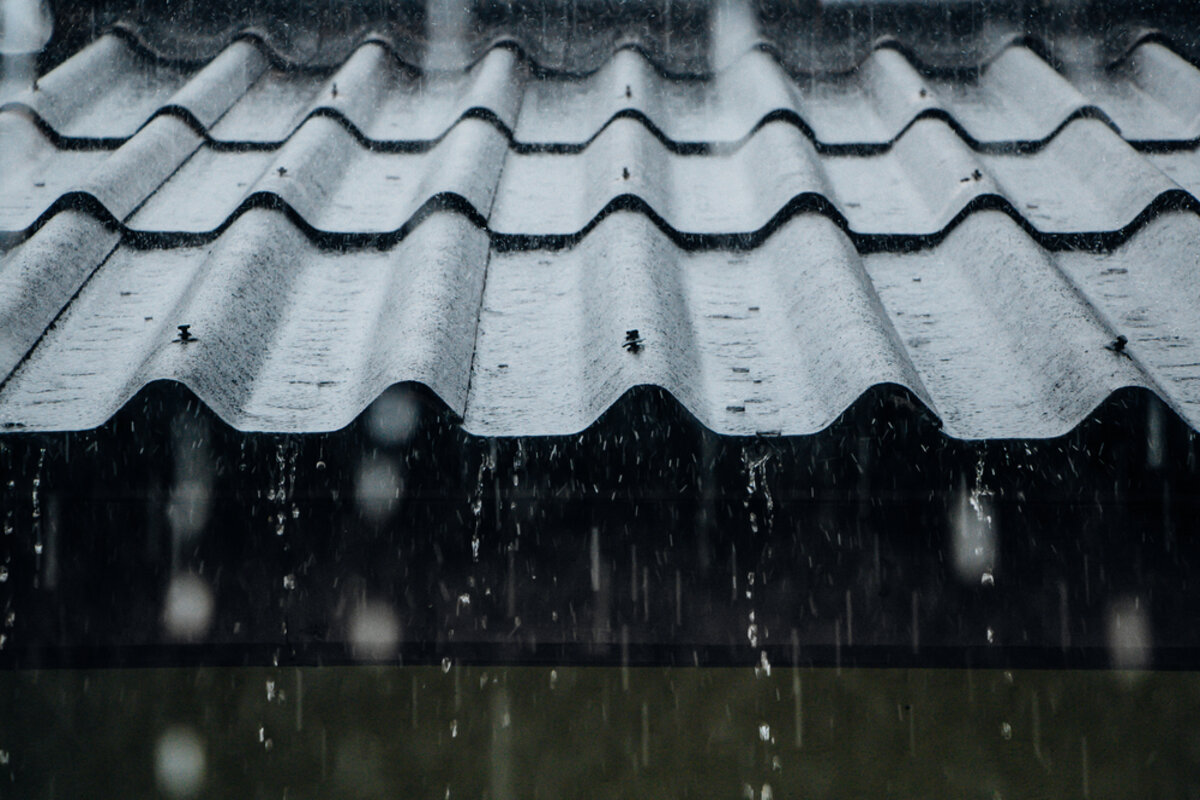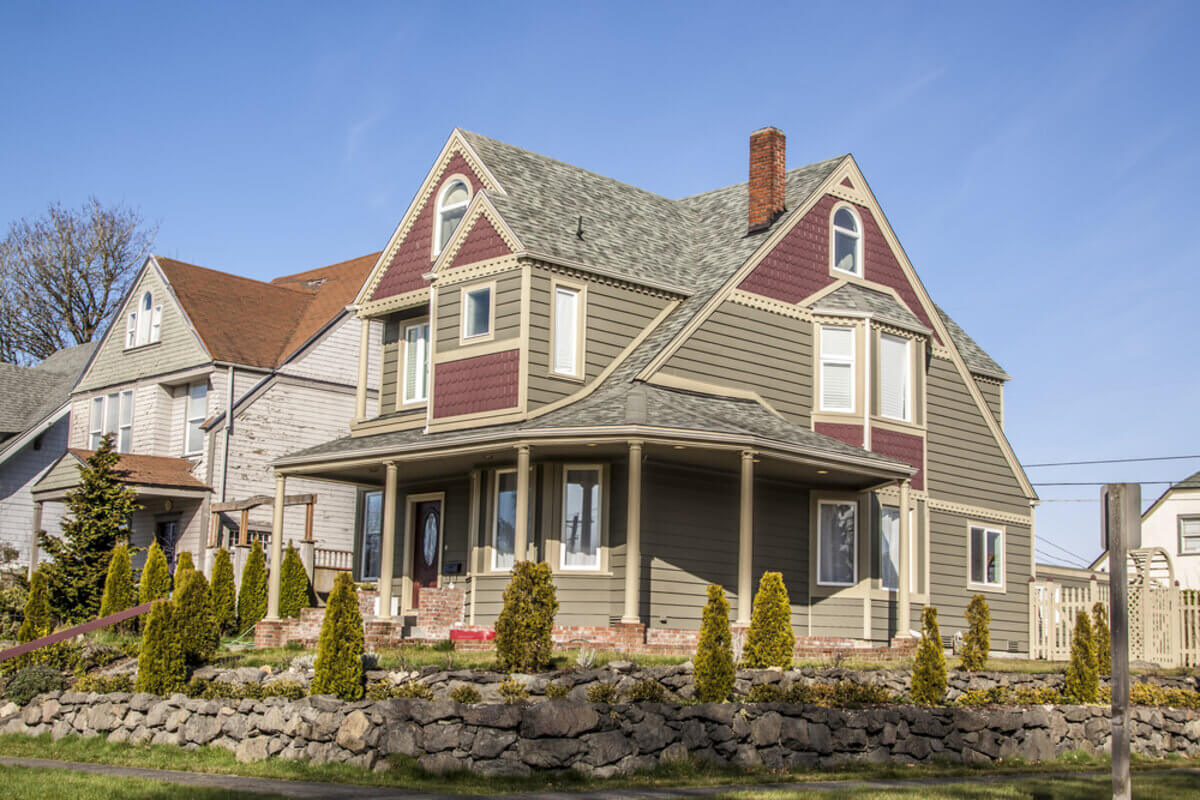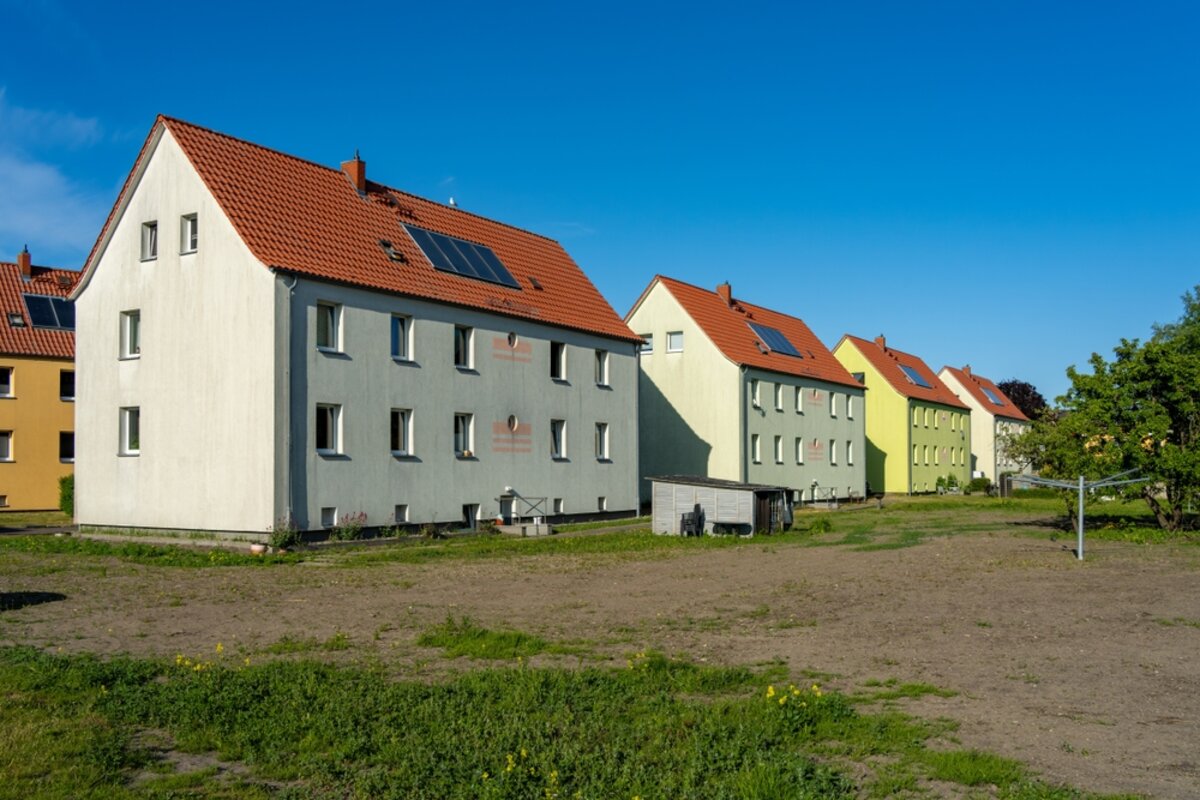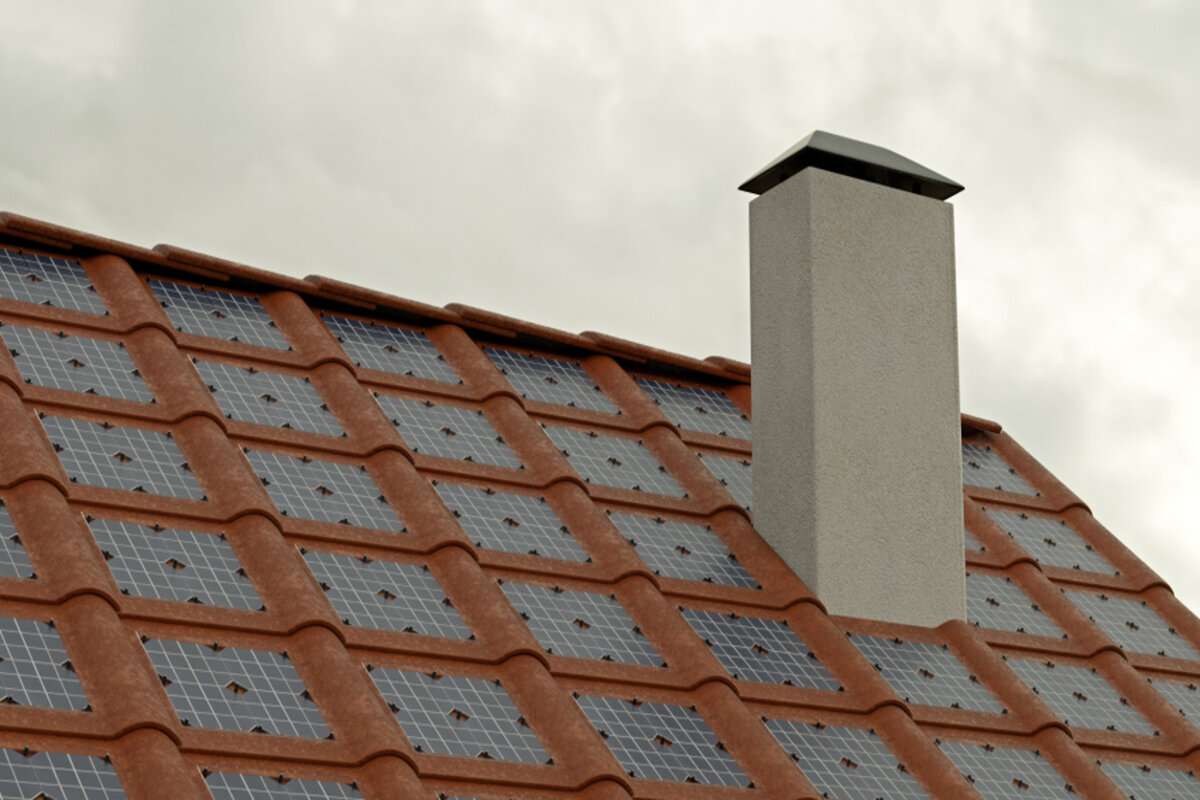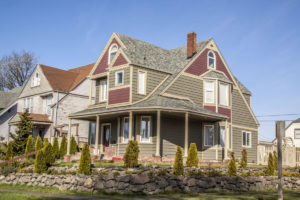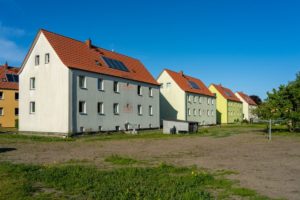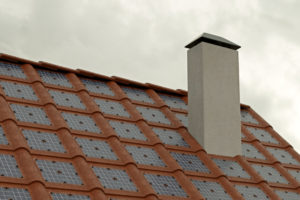When it starts raining, do you picture a thunderous clatter echoing through a house with a metal roof? This is one of the most common misconceptions about metal roofs. Many homeowners hesitate to consider metal as a roofing material because they’ve heard it’s loud, especially during rainfall. But is this belief rooted in truth, or is it simply a myth that refuses to die? In this article, we’ll explore the science, technology, and real-world experiences behind this question: Are metal roofs noisy in the rain?
The Origins of the Noise Myth
Before we get into the specifics, let’s examine where this idea of “metal roofs are noisy in the rain” comes from. Historically, older metal roofs, often used in barns or industrial buildings, were installed without proper insulation or underlayment. When rain hit these bare metal sheets, the sound reverberated loudly, creating the impression that metal roofs are always noisy.
However, times have changed, and so have metal roofing materials and installation techniques. Modern residential metal roofs are a far cry from the thin, exposed sheets of the past. Understanding these advancements is key to debunking this long-standing myth.
What Makes a Roof Noisy?
To understand if metal roofs are genuinely noisy in the rain, it helps to know what causes roof noise in the first place. Noise levels depend on three main factors:
- Material Composition: Some materials, like thin aluminum or uninsulated steel, amplify sound vibrations more than others.
- Installation Quality: A poorly installed roof, regardless of material, can create noise as panels move or vibrate under impact.
- Insulation and Underlayment: Roofs without adequate insulation allow sound to travel more freely, increasing perceived noise.
While metal itself is a sound-conducting material, modern metal roofs are paired with insulation and underlayment systems that drastically reduce noise levels.
Are Metal Roofs Noisy in the Rain? The Truth Revealed
Contrary to popular belief, modern metal roofs are not inherently noisier than other roofing materials. In fact, when installed correctly, they can be quieter than asphalt shingles. Here’s why:
1. Underlayment Absorbs Sound
Modern metal roofs are installed with layers of underlayment, which act as a cushion between the metal panels and the roof deck. This underlayment absorbs sound energy from rain, preventing it from traveling into your home.
2. Thicker Panels Reduce Vibrations
Residential metal roofs use thicker panels than older industrial models. These thicker sheets are less prone to vibrating under impact, meaning less noise overall.
3. Improved Installation Techniques
Today’s metal roofs are fastened securely with techniques that minimize movement and rattling. A tightly fastened roof won’t make excessive noise during a rainstorm.
Other Benefits of Metal Roofs
Beyond the sound concerns, metal roofs offer a range of advantages that make them a worthwhile investment for homeowners:
- Durability: Metal roofs can last 40–70 years, far exceeding the lifespan of asphalt shingles.
- Energy Efficiency: Their reflective properties help reduce cooling costs in the summer.
- Environmental Benefits: Made from recyclable materials, metal roofs are an eco-friendly choice.
- Weather Resistance: They withstand extreme weather conditions, from heavy snow to high winds.
Real-Life Experiences with Metal Roofs
Homeowners who have switched to metal roofs often report being pleasantly surprised by their quiet performance. Proper installation and insulation ensure that the pitter-patter of rain becomes a soft, calming background sound rather than a disruptive clatter. If noise is still a concern, additional soundproofing measures can be taken, such as adding insulation in the attic or using acoustic panels.
Conclusion
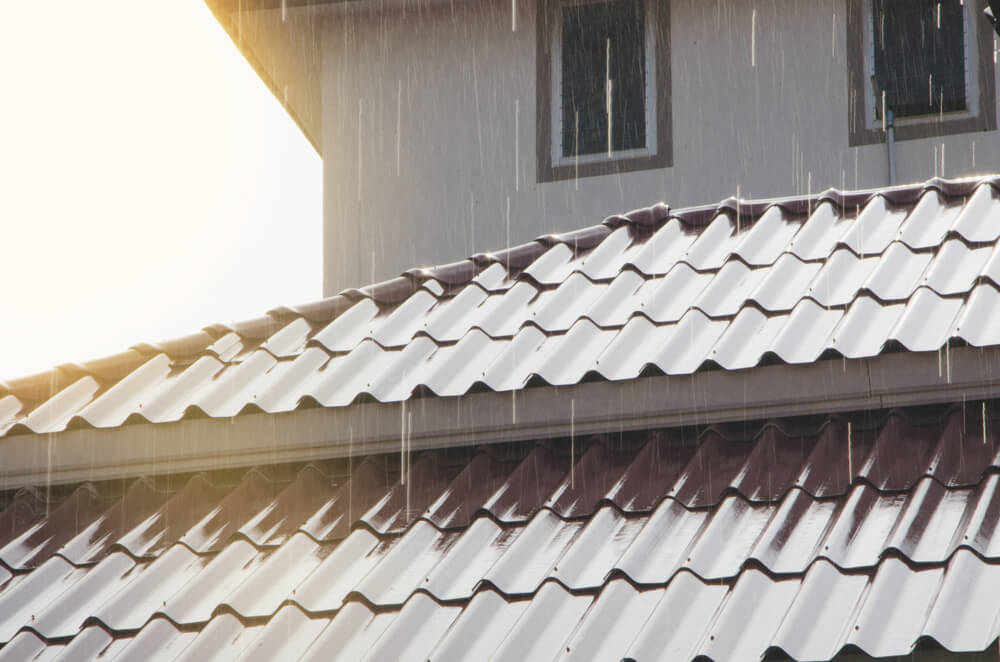
So, are metal roofs noisy in the rain? The answer is a resounding no—at least not with modern materials and professional installation. While the myth may have roots in outdated practices, today’s metal roofs are designed to minimize noise, providing peace of mind along with exceptional durability and style. If you’re considering a new roof, don’t let outdated ideas hold you back. A metal roof might just be the perfect choice for your home. Contact Perfect Exteriors today to learn more about the benefits of metal roofs and how we can help you with your roofing needs!
